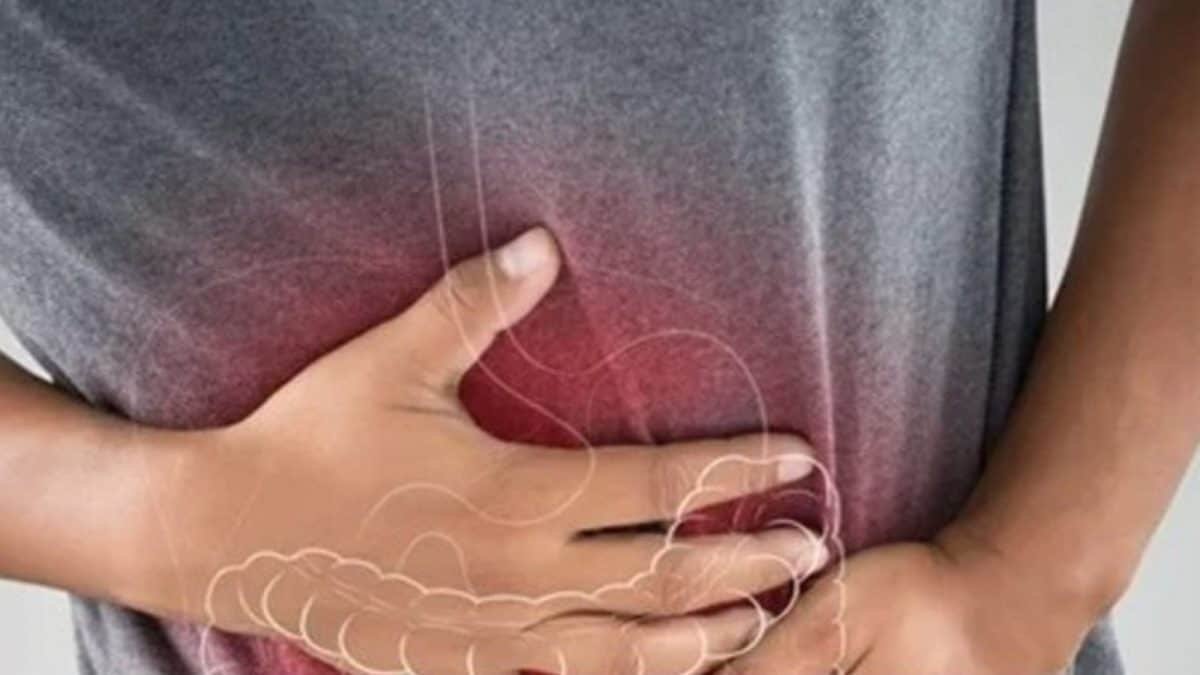Last Updated:July 06, 2025, 09:47 IST
Monsoon does not have to be misery. With habits so simple safe water, cleanliness, careful eating you can drastically minimize your risk. Stay alert, stay healthy
Stomach flu cases: Be aware of signs such as sudden diarrhea, vomiting, cramps, or fever.
Monsoon provides relief from the hot heat along with it a definite rise in “stomach flu” or viral gastroenteritis. Here’s why this peak happens and what to do about it.
Dr Priyanka Kisan Pokhariyal, Consultant Physician, (Internal Medicine), Saifee Hospital Mumbai shares all you need to know:
1. Contaminated water supply
Too much rain overflows sewage and drain pipes with water, into a toxic mixture of sewer lines and rainwater. It makes bacterial and viral contamination of drinking water highly probable, inducing more cases of gastroenteritis.
2. Humid environment is conducive to pathogen growth
Monsoons bring high humidity and moisture levels that are perfect breeding conditions for microbes norovirus/rotavirus viruses and Salmonella and E. coli bacteria can live under these conditions.
3. Loose food hygiene
Street foods and raw vegetables such as salads or cut fruits are highly susceptible to contamination during monsoons. They are often served and kept outside in wet weather, flies, or dust and might not be reheated sufficiently. It is one of the most common causes of stomach infection.
4. Compromised immunity by virtue of seasonal stress
Irregular weather, water, and stress impair the immune system for a while. This makes individuals particularly children, pregnant women, elderly, and immunocompromised persons susceptible to infections.
5. Urban infrastructure issues
Urbanization overburdens water treatment plants and sanitation facilities. Poorly drained water pools stagnate and become breeding sites and add to urban bacterial/parasitic load.
Preventive measures:
Only use boiled or filtered water, and do not consume ice prepared from questionable sources.
Stay close to hot, freshly prepared food; not uncovered, raw, or street food.
Practice hand hygiene, cleaning thoroughly before eating or cooking, and after using toilets.
Be aware of signs such as sudden diarrhea, vomiting, cramps, or fever. Early rehydration with ORS and medical advice are crucial particularly among the vulnerable groups.
Monsoon does not have to be misery. With habits so simple safe water, cleanliness, careful eating you can drastically minimize your risk. Stay alert, stay healthy.

Swati Chaturvedi, a seasoned media and journalism aficionado with over 10 years of expertise, is not just a storyteller; she’s a weaver of wit and wisdom in the digital landscape. As a key figure in News18 Engl…Read More
Swati Chaturvedi, a seasoned media and journalism aficionado with over 10 years of expertise, is not just a storyteller; she’s a weaver of wit and wisdom in the digital landscape. As a key figure in News18 Engl… Read More
- First Published:
#Stomach #Flu #Cases #Surging #Rains #Health #Fitness #News



